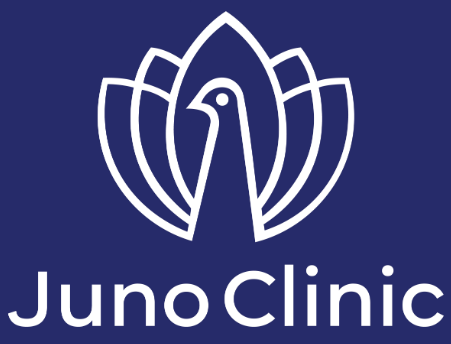In the realm of mental health and neurodevelopmental disorders, ADHD (Attention Deficit Hyperactivity Disorder) stands out as one of the most commonly diagnosed conditions, affecting millions of individuals worldwide. While the diagnosis of ADHD often focuses on cognitive and neurological factors, such as attention deficits and hyperactivity, a holistic understanding of the disorder necessitates a broader perspective—one that includes the psychosocial aspects of the individual's life. At Juno Clinic, we believe in the power of the psychosocial approach in addressing the multifaceted needs of individuals with ADHD.
But what exactly does the term "psychosocial approach" entail, and why is it essential in the context of ADHD management?
The psychosocial approach recognises that ADHD is not solely a product of neurobiological factors but is also influenced by social, environmental, and psychological elements. It emphasises the interconnectedness between an individual's cognitive functioning, behaviour, emotions, and social interactions. By adopting this approach, clinicians aim to provide comprehensive care that addresses the diverse challenges faced by individuals with ADHD across various domains of their lives.
One of the fundamental aspects of the psychosocial approach is understanding the impact of ADHD symptoms on daily functioning and quality of life. ADHD can manifest in various ways, including difficulties in organising tasks, maintaining attention, regulating emotions, and forming interpersonal relationships. These challenges can significantly affect academic performance, occupational success, social interactions, and self-esteem. Therefore, interventions tailored to the individual's specific needs and circumstances are crucial for promoting positive outcomes.
Moreover, the psychosocial approach acknowledges the importance of considering environmental factors, such as family dynamics, school or work environments, and social support networks. Family members, educators, peers, and colleagues play pivotal roles in the lives of individuals with ADHD, and their understanding and support can significantly influence the individual's well-being and functioning. Through psycho-education and collaboration with Universities and workplaces, the psychosocial approach seeks to create supportive environments that facilitate the individual's success and resilience.
Furthermore, addressing coexisting conditions and co-morbidities is an integral part of the psychosocial approach. Many individuals with ADHD experience concurrent mental health disorders, such as anxiety, depression, learning disabilities, or substance use disorders. These co-morbidities can exacerbate ADHD symptoms and complicate treatment outcomes. Therefore, a comprehensive assessment and treatment plan that addresses both ADHD and coexisting conditions are essential for holistic care and improved overall functioning.
At Juno Clinic, we recognise the need for a personalised and integrated approach to ADHD management—one that goes beyond symptom management to address the individual's unique strengths, challenges, and aspirations. Our team of experienced specialist clinicians is committed to providing evidence-based interventions grounded in the principles of the psychosocial approach. Through collaborative goal-setting, skill-building exercises, cognitive-behavioural strategies, and ongoing support, we empower individuals with ADHD to thrive in all aspects of their lives.

